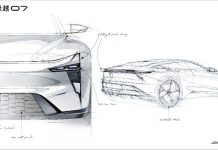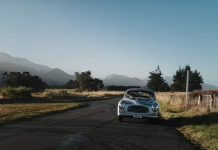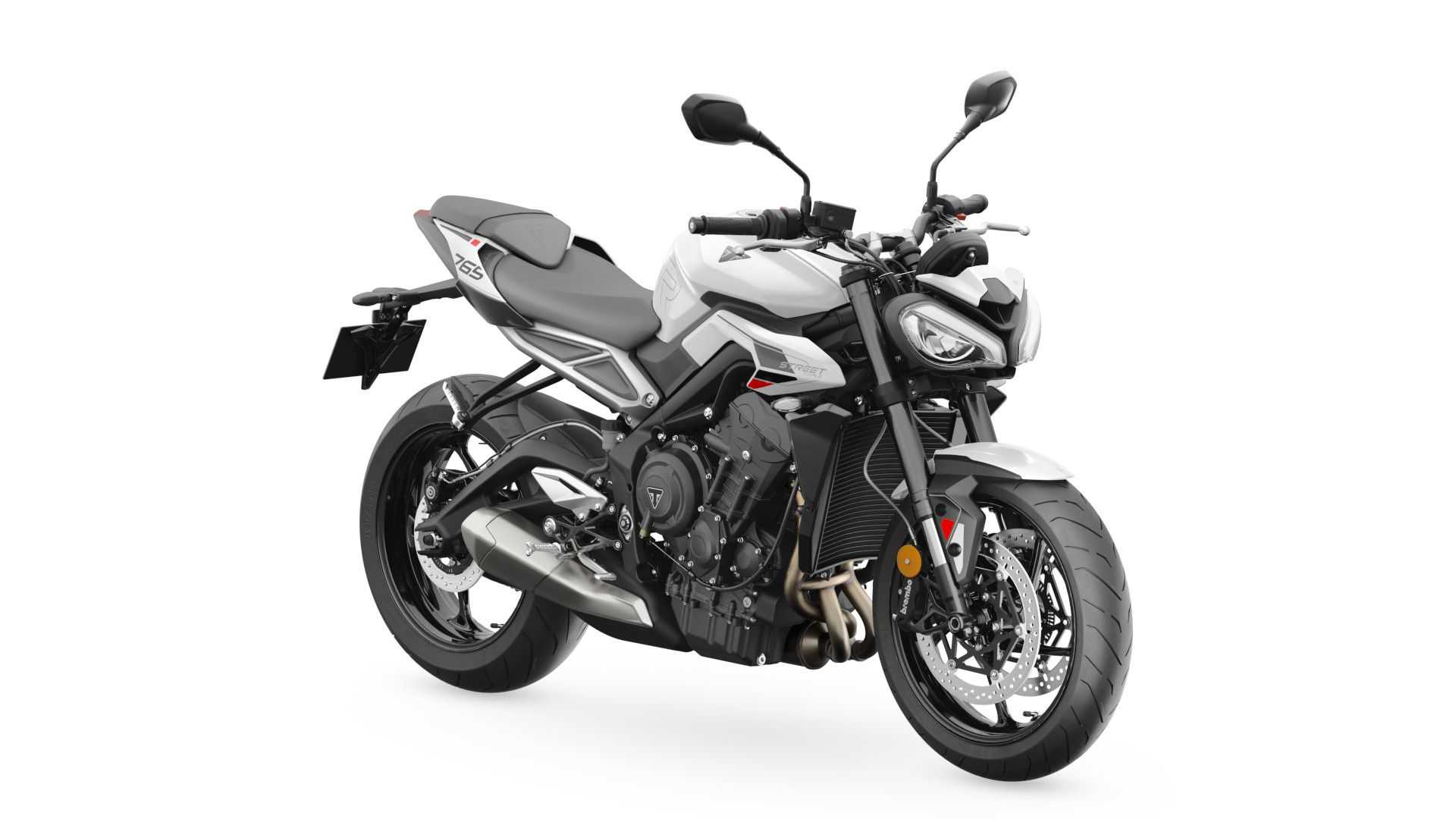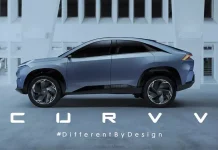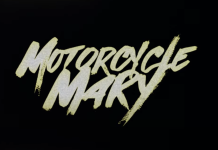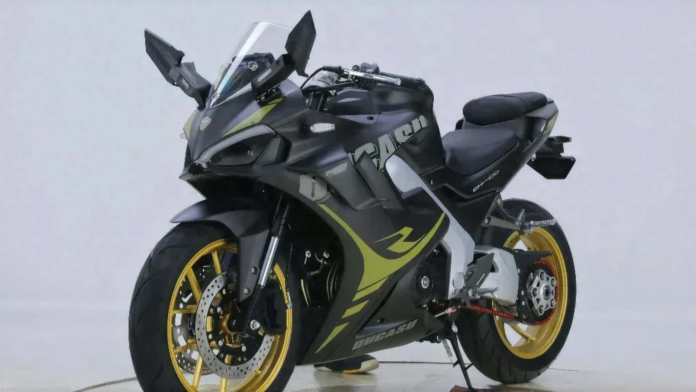In the expansive world of motorcycles, inspiration from iconic brands is not unheard of. But “Ducasu” seems to push the boundaries of what we’d consider ‘inspired by’. Clearly, from its name to the bike designs, there’s an uncanny resemblance to Ducati. And while imitation is indeed the sincerest form of flattery, it does raise eyebrows when it gets this close.

Your passion for the artistic nature of cosplay and homemade homages is commendable. There’s beauty in the way people pour their hearts into making something they love. And that sentiment is seen in many facets of life, from fashion imitations to motorcycle designs.
Inspiration
But Ducasu’s attempt seems to go beyond mere inspiration. The choice of name, the design of the logo, the font – all of it mirrors Ducati to a degree that could easily lead to confusion for an untrained eye. Especially in a market where Ducati has a strong presence, one has to question the intentions and the strategy behind such decisions.

Price
While it’s true that Ducati’s price point is much higher, it doesn’t necessarily justify the uncanny resemblances. Brands often get inspired by market leaders, but there’s a thin line between being inspired and nearly replicating.
This situation also raises interesting questions about branding, copyright, and the importance of unique identity. It’s one thing to provide an affordable option for consumers but quite another to bank on another brand’s identity to sell your product.

However, the saving grace might be in the quality and performance of the Ducasu bikes. If they can stand on their own in terms of reliability and ride experience, perhaps over time they’ll develop their own identity, separate from the looming shadow of Ducati.
Conclusion
The world of branding, especially in industries driven by passion and legacy like motorcycling, is intricate. Ducasu’s resemblance to Ducati, in multiple aspects, draws attention to the delicate balance between inspiration and imitation. While it’s natural for companies to take cues from market leaders, there’s a crucial distinction between borrowing elements for innovation and almost mirroring another brand’s identity.
Ducasu’s approach, particularly in a market where Ducati has a well-established presence, may raise eyebrows and legal concerns. As consumers, while we can appreciate affordable alternatives, it’s essential to recognize and value originality and innovation. After all, brands like Ducati have built their reputation over decades of craftsmanship, performance, and unique identity. The future trajectory of Ducasu in this context remains to be seen, but it undoubtedly serves as a fascinating case study in branding, competition, and market dynamics.



